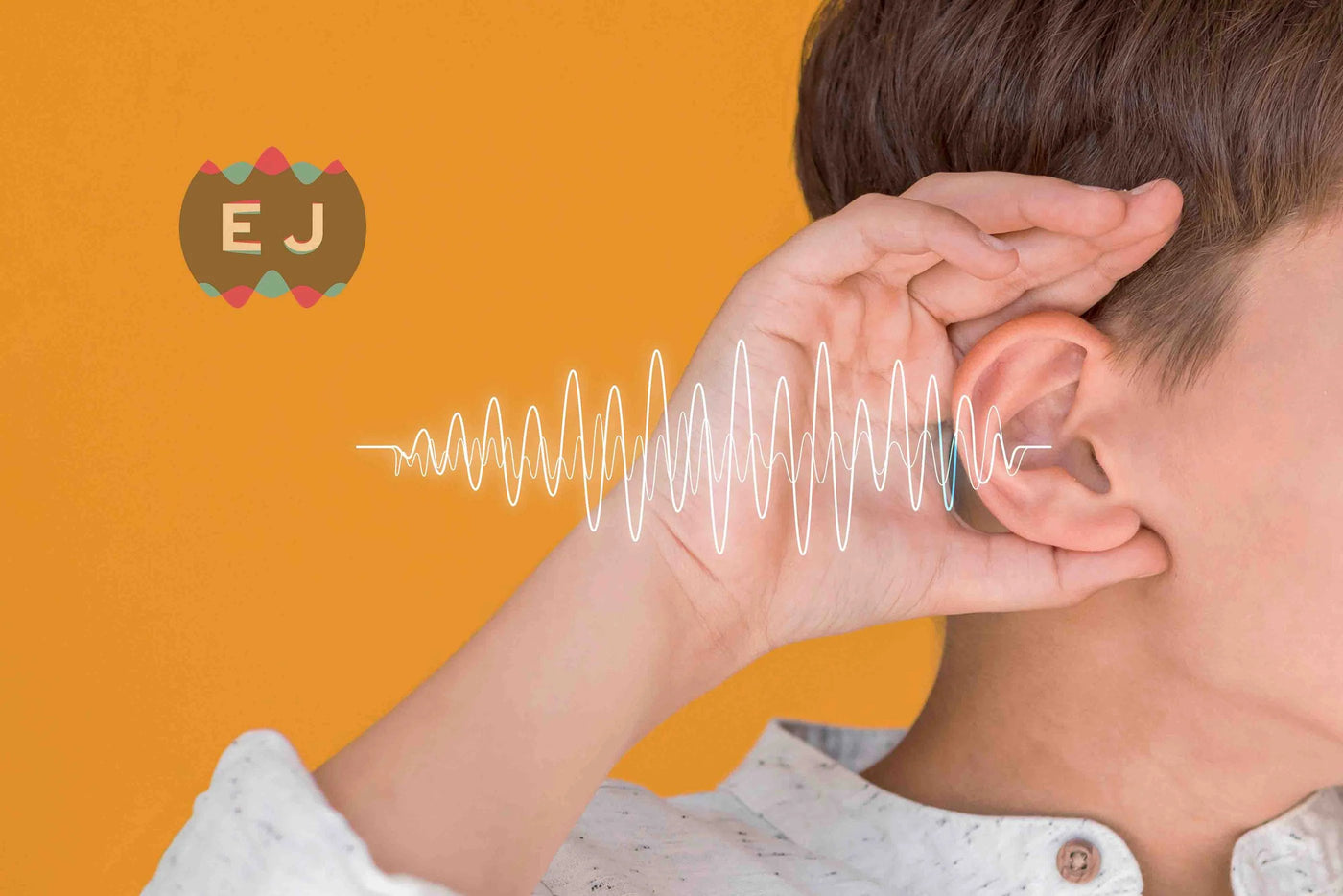Why Musicians Need Hearing Protection
Posted by Earjobs Help Desk on
Tags: Educational & Health
Phonophobia is an anxiety disorder characterised by an irrational and persistent fear of sounds. People with Phonophobia may experience intense anxiety or panic attacks when exposed to certain sounds, such as loud noises or specific frequencies. This fear can be so severe that it interferes with their daily life and activities.
How Phonophobia affects you?
The symptoms of Phonophobia can vary from person to person, but some common symptoms include the following:
- Intense fear or panic when exposed to certain sounds
- Avoidance of situations or places where these sounds may occur
- Physical symptoms such as sweating, trembling, or heart palpitations
- Difficulty concentrating or sleeping
- Irritability and mood swings
- Hypervigilance or constantly being on alert for sounds
Phonophobia Remedy
Treatment for Phonophobia typically involves a combination of therapy, medication, and self-help techniques. Cognitive-behavioural therapy (CBT) has been found to be effective in treating Phonophobia. Individuals suffering from fear of sounds can benefit from this type of therapy by identifying and changing negative thought patterns and behaviours contributing to the problem. Exposure therapy, a type of CBT, may also be used to gradually expose individuals to the sounds they fear in a controlled environment, helping them to become desensitised to the sounds over time.
The symptoms of Phonophobia may also need to be managed through medications such as anti-anxiety medications, beta-blockers, or even stronger anti-anxiety medications, depending on the severity of the situation. Self-help techniques such as relaxation techniques, mindfulness, and stress-reduction techniques may also help manage the symptoms of Phonophobia. It is important to seek the help of a mental health professional if you are experiencing symptoms of Phonophobia, as this disorder can significantly impact your quality of life if left untreated.
What to do?
Phonophobia can be caused by various factors, including traumatic experiences related to sounds, such as a loud explosion or a sudden loud noise. It can also be a symptom of other anxiety disorders such as panic disorder, social anxiety disorder, or specific phobias.
Phonophobia can significantly impact an individual's quality of life, making it difficult for them to perform everyday activities such as going to work, school, or socialising with friends and family. It can also lead to social isolation, depression, and other mental health problems if left untreated.
In addition to therapy and medication, several self-help techniques can effectively manage Phonophobia. These include deep breathing exercises, progressive muscle relaxation, mindfulness, and meditation. Avoiding caffeine, nicotine, and other stimulants can also help reduce anxiety and stress levels. Hearing protection such as ear plugs can also be used as a circuit breaker to allow you to get to therapy or acquire medication.
If you or someone you know is experiencing symptoms of Phonophobia, it is important to seek the help of a mental health professional. A trained therapist can help you identify the underlying causes of your fear of sounds and develop a personalised treatment plan to manage your symptoms and improve your quality of life.